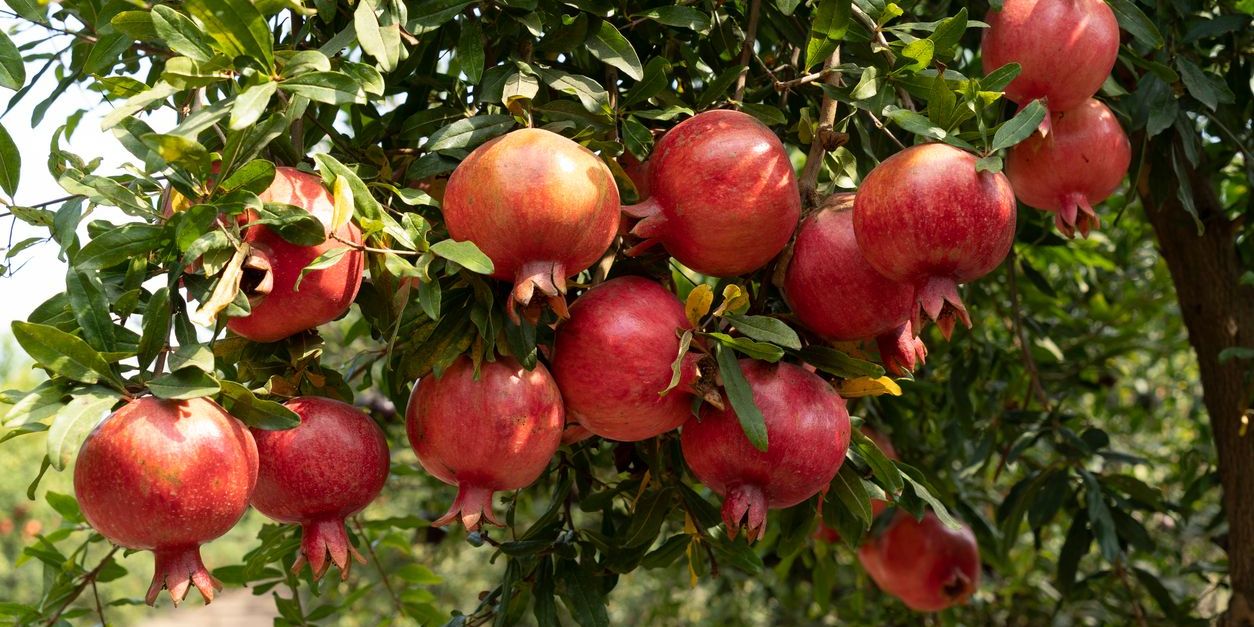What is a Specialty Farmer?
A specialty farmer focuses on growing or raising unique or niche products rather than common crops or livestock. These farmers often produce items that are in demand for specific markets, such as organic vegetables, exotic fruits, herbs, mushrooms, or specialty cheeses. Some specialty farmers may also raise animals like alpacas, bees for honey, or heritage breeds of livestock that are not typically found on large farms. The goal is to offer products that stand out and appeal to customers looking for high-quality, unique, or locally sourced options.
What does a Specialty Farmer do?

Duties and Responsibilities
Specialty farmers help preserve biodiversity by growing unique crops and raising rare animal breeds that aren’t usually found on large commercial farms. Here’s a look at what specialty farmers do on a daily basis:
- Selecting Crops or Livestock: Choosing specific crops, plants, or animal breeds that cater to niche markets, such as heirloom vegetables, heritage livestock, medicinal herbs, or exotic fruits. This often involves research to understand market demand and growing conditions.
- Planting and Cultivation: Preparing the soil with appropriate nutrients, planting seeds or seedlings, and maintaining crops through watering, fertilizing, pruning, and weeding to ensure healthy, robust growth throughout the season.
- Animal Care: For those raising specialty livestock, this includes daily feeding, monitoring animal health, managing breeding programs, and ensuring proper shelter, hygiene, and humane treatment to maintain animal welfare.
- Pest and Disease Management: Using sustainable, often organic, methods such as natural predators, crop rotation, or organic pesticides to control pests and diseases, while minimizing harm to the environment and maintaining soil health.
- Harvesting: Gathering crops at the optimal time for peak freshness, flavor, and nutritional value, often by hand to ensure delicate or specialty items remain undamaged.
- Processing and Packaging: Cleaning, processing, and packaging products with care to maintain their unique qualities and appeal. This can include specialized packaging that highlights the product’s story or origin.
- Marketing and Sales: Promoting and selling products through farmers’ markets, specialty food stores, online platforms, and community-supported agriculture (CSA) programs. This also includes building relationships with customers and retailers.
- Research and Innovation: Continuously learning about new cultivation techniques, sustainable practices, market trends, and consumer preferences to stay competitive and improve product offerings.
- Record Keeping: Keeping detailed records of production cycles, sales, expenses, inventory, and regulatory compliance. This helps in managing finances, optimizing operations, and planning future crops or products.
Different Types of Specialty Farmers
Specialty farmers can be categorized based on the specific crops or livestock they produce. Each type focuses on a niche area of agriculture that requires specialized knowledge, tools, and techniques:
- Organic Farmers grow fruits, vegetables, or grains without synthetic pesticides or fertilizers.
- Herb and Medicinal Plant Farmers cultivate plants like lavender, echinacea, turmeric, saffron, ginseng, or chamomile for culinary, therapeutic, or health-related use.
- Ethnic Crop Farmers grow culturally significant crops such as okra, lemongrass, bitter melon, bok choy, cassava, or chili peppers for ethnic markets.
- Heirloom and Rare Crop Farmers focus on traditional, non-hybrid fruits and vegetables like heirloom tomatoes or purple carrots.
- Specialty Livestock Farmers raise non-mainstream animals such as ostriches, alpacas, heritage cattle, pigs, or goats for specialty meat, milk, or fiber.
- Microgreen and Sprout Farmers grow small, nutrient-rich greens or edible flowers for gourmet and health-conscious markets.
- Aquaponic/Hydroponic Farmers use soil-less methods to grow high-value crops in controlled water-based environments, often in urban or indoor settings.
- Flower and Ornamental Plant Farmers produce cut flowers or decorative plants (e.g., bonsai trees) for the floral and landscaping industries and events.
- Value-Added Farmers create finished products such as jams, cheeses, herbal teas, or infused oils from farm-grown ingredients.
These specialty areas often overlap, and many farmers combine several of them to diversify their operations and income.
Specialty farmers have distinct personalities. Think you might match up? Take the free career test to find out if specialty farmer is one of your top career matches. Take the free test now Learn more about the career test
What is the workplace of a Specialty Farmer like?
Specialty farmers are most commonly self-employed, operating their own farms and selling directly to consumers, restaurants, local markets, or through cooperatives. However, they also exist within larger organizations focused on innovative or sustainable agriculture:
- Specialty or Organic Farms – privately owned farms that hire workers or managers to oversee specific specialty crop or livestock operations
- Agricultural Cooperatives – groups of farmers who pool resources and may employ specialists to manage production or marketing
- Research Institutions or Universities – for experimental or demonstration farms focusing on sustainable or specialty agriculture
- Non-profit Organizations – working in food security, community gardening, or sustainable agriculture programs
- Government Agencies – especially in roles involving extension services, conservation programs, or specialty crop promotion
- Agribusiness Companies – in niche food, health, or beauty sectors that rely on specialty ingredients like herbs, botanicals, or rare produce
The workplace of a specialty farmer is usually a farm or agricultural space designed around the unique crops or animals they grow. This can be anything from a small urban garden or greenhouse to a larger rural field, orchard, or pasture. Depending on what they’re producing, the setup might include raised garden beds, hoop houses, hydroponic systems, or special enclosures for animals.
Specialty farmers spend a lot of time outdoors, working in all kinds of weather, doing hands-on tasks like planting, harvesting, or caring for animals. They may also work indoors in greenhouses, storage areas, or spaces where they process and package their products. Many have a home office or a farm stand where they handle sales, marketing, and the business side of things. The work is often physical but rewarding, with a focus on sustainability, creativity, and adapting to the changing seasons and customer needs.
Specialty Farmers are also known as:
Specialty Crop Grower
Niche Farmer